Short Answer:– Higher wattage in Bluetooth speakers often leads to louder sound and better performance at high volumes, but it doesn’t always mean better sound quality. Factors like speaker design, driver quality, and audio tuning play a significant role.
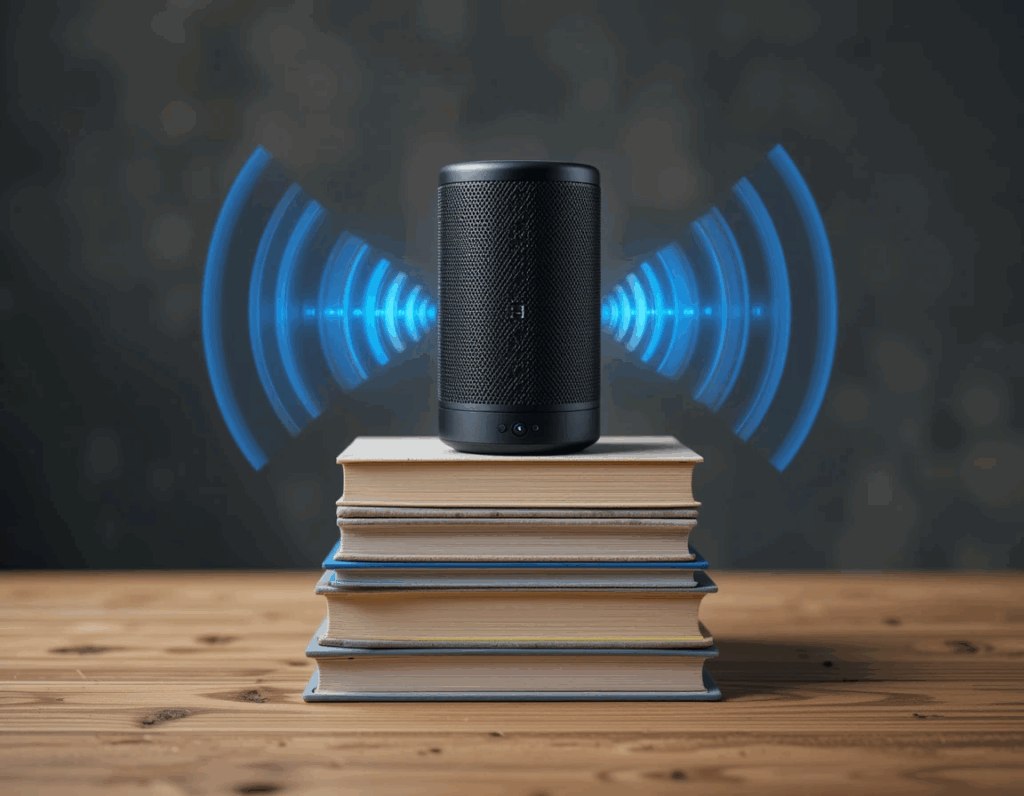
Table of Contents
- Introduction
- What is Wattage in Bluetooth Speakers?
- Does More Wattage Mean Better Sound Quality?
- Key Factors That Affect Sound Quality
- Pros and Cons of High-Wattage Bluetooth Speakers
- How to Choose the Right Wattage for Your Needs
- Real-Life Examples: Comparing Low vs. High-Wattage Speakers
- FAQs
- Final Thoughts
Introduction
In today’s world of portable audio, Bluetooth speakers come in all shapes, sizes, and wattages. But when shopping for one, you might find yourself asking: Does wattage affect Bluetooth speaker sound quality? This question is more complex than it seems. While wattage plays a role, it’s not the only factor influencing the quality of your audio experience.
Let’s dive deep into what wattage really means and how it relates to audio performance.
What is Wattage in Bluetooth Speakers?
Wattage refers to the amount of electrical power a speaker uses to produce sound. It’s usually measured in watts (W).
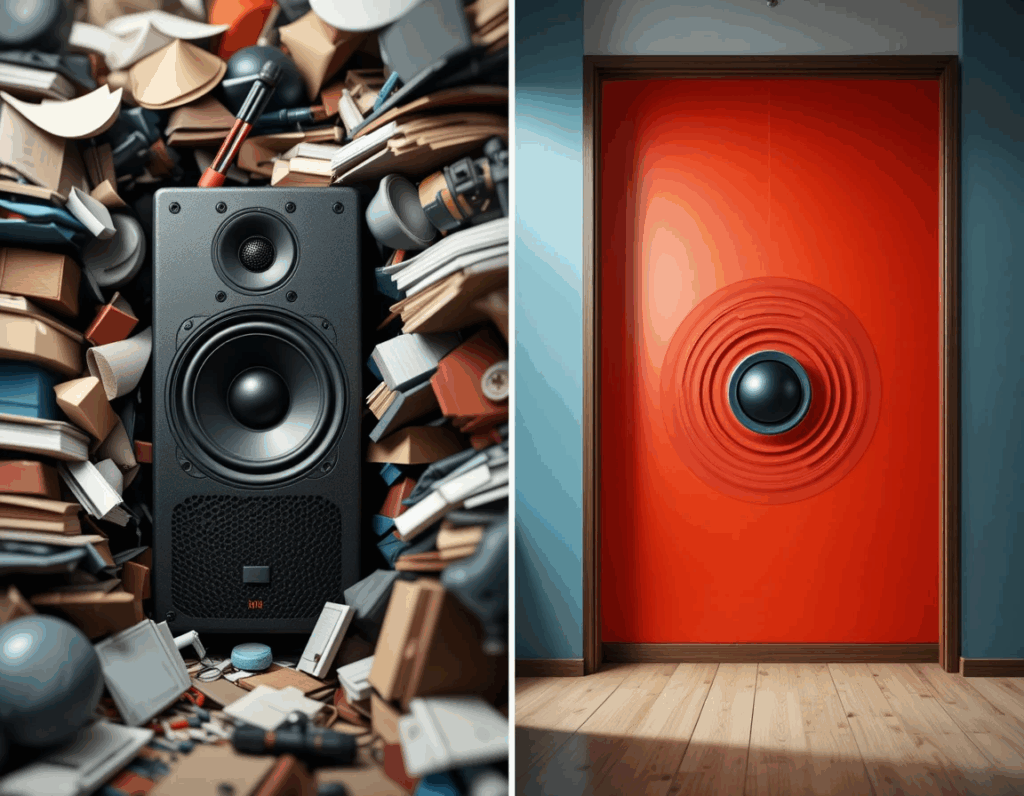
There are two types of wattage to understand:
- RMS (Root Mean Square): This is the continuous power a speaker can handle.
- Peak Power: This is the maximum wattage a speaker can handle in short bursts.
Focus Keyword: wattage in Bluetooth speakers
A speaker with a higher RMS wattage can deliver consistent, louder sound without distortion, but only if other parts of the speaker are equally well-designed.
Does More Wattage Mean Better Sound Quality?
Not always.
Here’s a quick breakdown:
| Wattage LevelLoudnessSound Quality (Assuming Equal Build) | ||
|---|---|---|
| Low (1-10W) | Low volume | Good for personal, close listening |
| Medium (10-30W) | Moderate volume | Great for indoor gatherings |
| High (30W+) | Loud volume | Better for outdoor or party use |
While higher wattage enables a speaker to be louder without distortion, sound quality depends on multiple factors:
- Speaker materials
- Frequency response
- Audio processing (DSP)
- Driver configuration
So, wattage = potential for loudness, not a guarantee of great sound.
Key Factors That Affect Sound Quality
In addition to wattage, consider these:
1. Driver Size & Quality
- Larger and high-quality drivers can reproduce bass and treble more accurately.
2. Enclosure Design
- Well-designed enclosures reduce vibrations and improve acoustics.
3. DSP (Digital Signal Processing)
- Advanced DSP smooths out distortion and balances sound levels.
4. Frequency Response Range
- A wider range (e.g., 60Hz – 20kHz) allows for more dynamic audio.
5. Bluetooth Version & Codec Support
- Support for aptX, AAC, or LDAC improves audio transmission quality.
Pros and Cons of High-Wattage Bluetooth Speakers
Pros
- Louder sound without clipping
- Better for large spaces or outdoors
- Handles complex music with clarity at high volume
Cons
- Usually bulkier and heavier
- Consumes more battery
- Not always tuned for audiophile-level clarity
How to Choose the Right Wattage for Your Needs
Here’s a quick guide:
| Use Case | Recommended Wattage |
| Personal desk use | 3W – 10W |
| Small room or office | 10W – 20W |
| Outdoor or parties | 30W – 60W+ |
| Audiophile experience | Depends on tuning, not just wattage |
Tip: Look for RMS wattage instead of just “peak power” in product specs.
Real-Life Examples: Comparing Low vs. High-Wattage Speakers
Let’s look at two real-world cases:
🔊 Example 1: JBL Go 3 (4.2W RMS)
- Small, ultra-portable
- Great for podcasts or quiet music
- Can distort at high volumes
🔊 Example 2: Soundcore Motion Boom+ (80W RMS)
- Loud, powerful
- Good clarity even at max volume
- Excellent for BBQs or beach outings
These two show how wattage can influence both volume and clarity at high output, but quality still depends on design.
FAQs: Wattage & Bluetooth Speaker Sound Quality
1. Does higher wattage always mean louder?
Yes, in general. More wattage = more potential for volume. But efficient design also matters.
2. Is higher wattage better for bass?
Not always. Good bass depends on driver size and enclosure design.
3. Does low wattage mean bad sound?
No. A well-designed low-wattage speaker can sound amazing at close range.
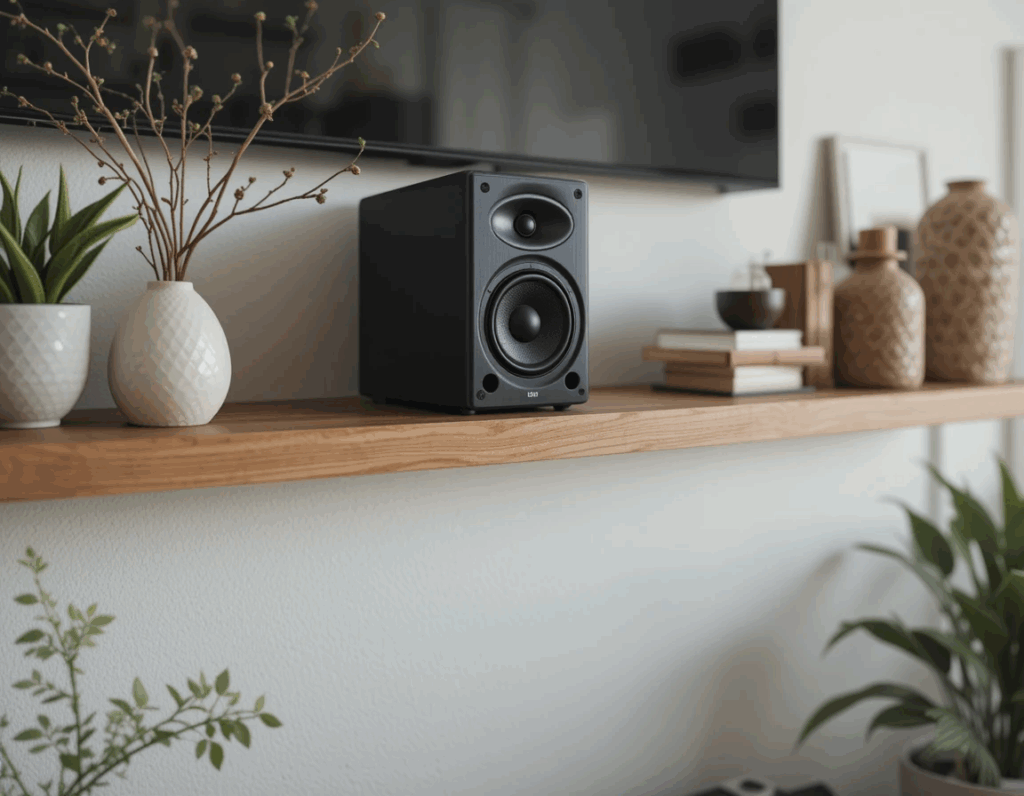
4. What matters more: wattage or brand?
Both are important. Brand often indicates quality control and audio tuning.
5. Can I trust peak wattage ratings?
Not much. Always look for RMS ratings for a better idea of performance.
Final Thoughts
So, how does wattage affect Bluetooth speaker sound quality? In summary:
- Wattage impacts volume and power, not quality alone.
- Sound quality depends on a balance of design, drivers, and audio tuning.
- Choose a speaker based on your use case, not just watt numbers.
Next time you’re speaker shopping, dig deeper than the spec sheet – and let your ears be the judge.
OG Title: How Does Wattage Affect Bluetooth Speaker Sound Quality?
OG Description: Discover how wattage influences your Bluetooth speaker’s performance. Learn what really impacts sound quality beyond just power output.
OG Image: [Include a relevant high-quality speaker image with proper alt text]
Meta Description (SEO): Discover how wattage affects Bluetooth speaker sound quality. Learn the truth about power, clarity, and volume in wireless speakers.
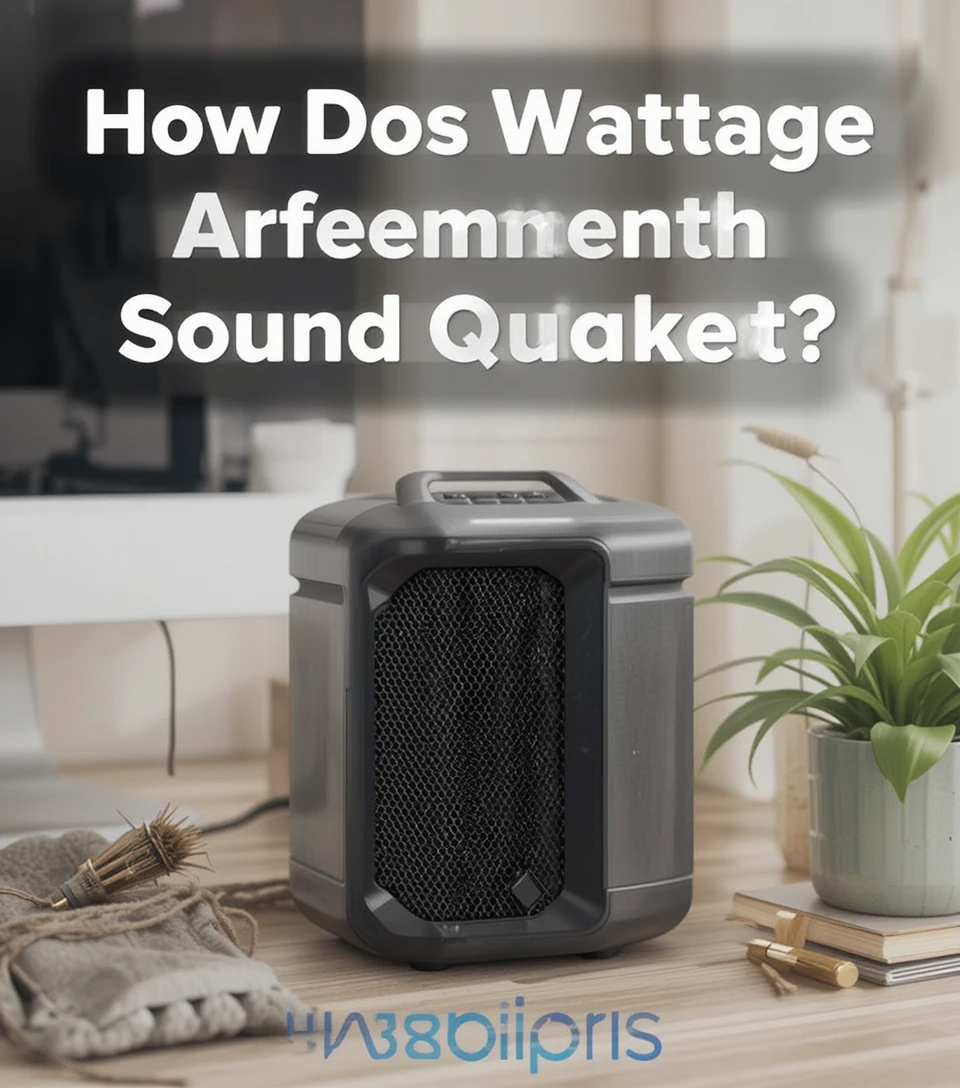
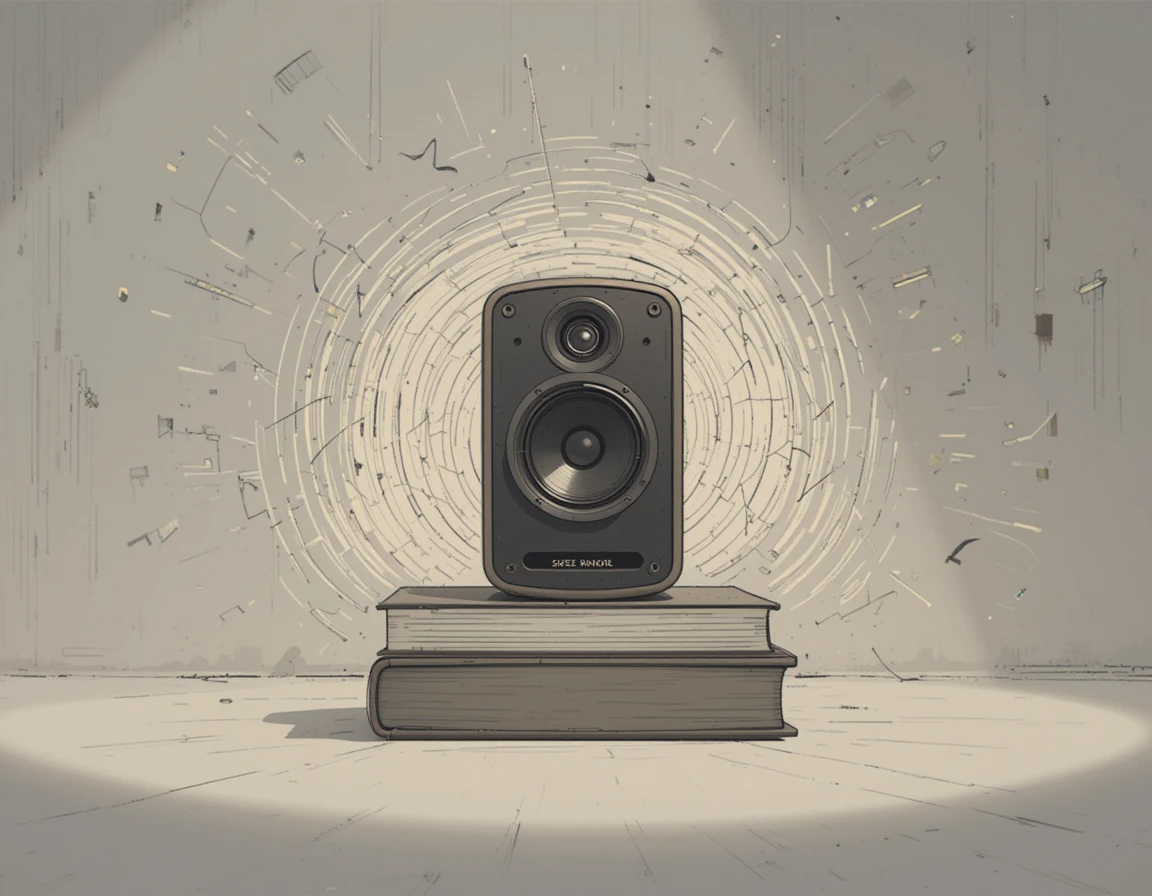
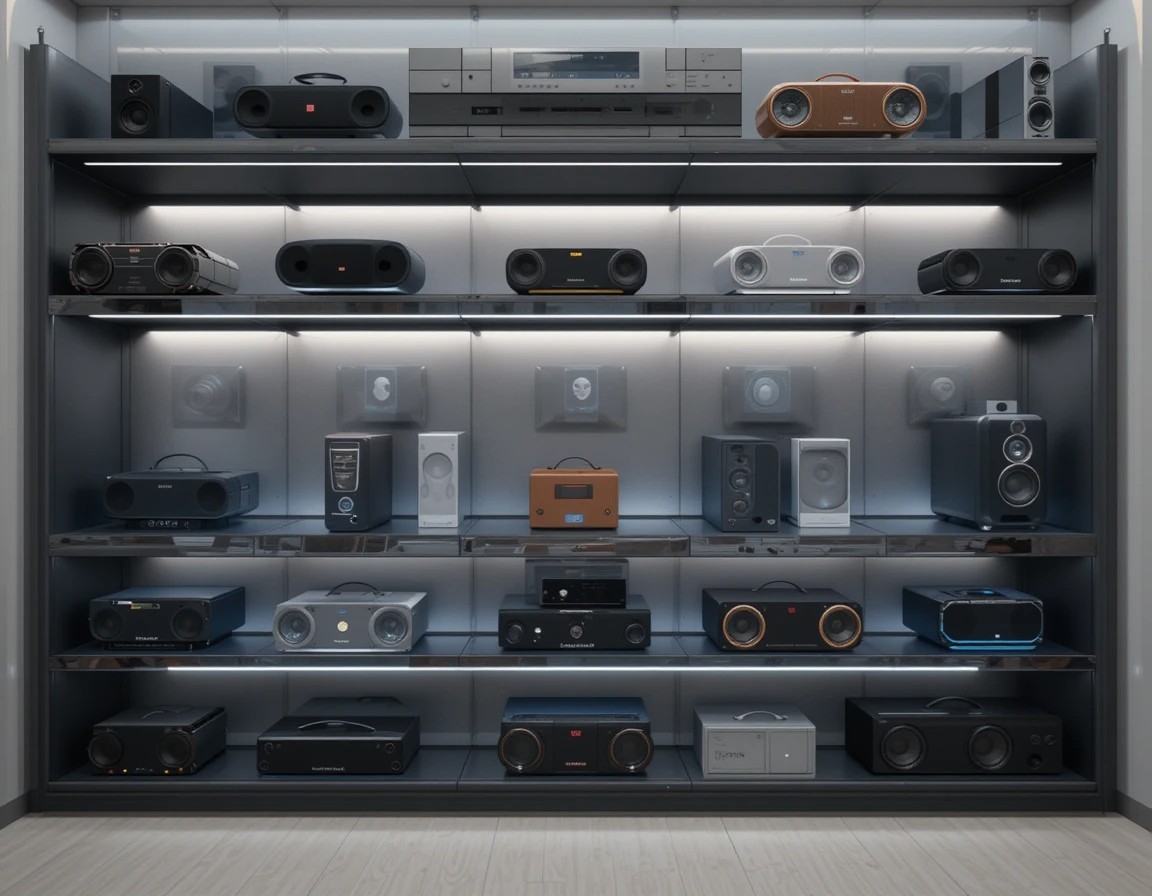


One thought on “How Does Wattage Affect Bluetooth Speaker Sound Quality? 2025”